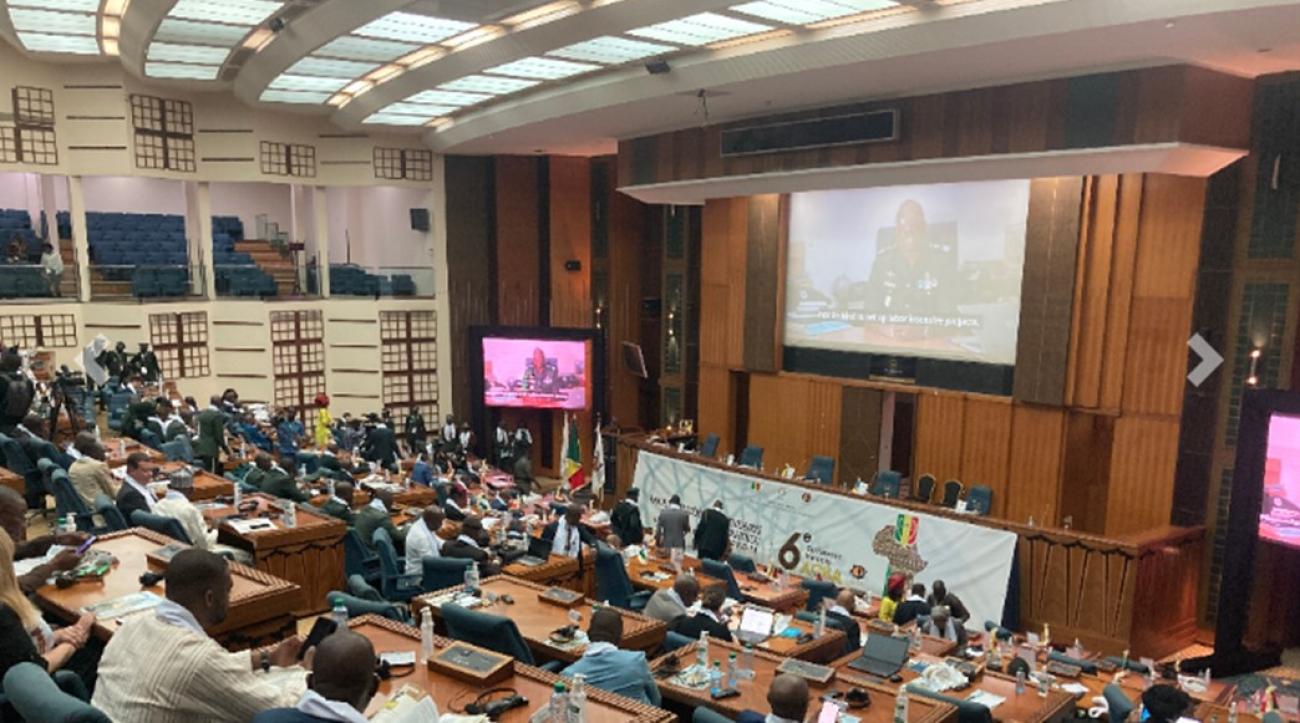Dakar, Senegal, 15-19 May 2023 – Prisoners and those working in prisons are particularly vulnerable to any form of health emergency situation.
The closed setting; a higher background prevalence of infection; unavoidable close contact in often-overcrowded, poorly ventilated and unsanitary facilities; and limited access to health care services compared to the community together make up a perfect storm. This was made clear during the COVID-19 pandemic.
From 15-19 May 2023 prison administrations from all over Africa and various international organizations convened in Dakar, Senegal for the African Correction Service Association (ACSA) conference to share lessons learned from COVID-19 and discuss how to build resilient prisons in the future. Here we highlight three key learnings for prison systems not just in Africa, but around the world.
Lesson 1: Reduce overcrowding.
Reducing overcrowding is one of the most important steps prison services can take towards more resilient prisons systems – if not the most important. This was highlighted by many participants of the conference, who emphasized the prevalent overcrowding rates in African prisons. Overcrowded prisons pose the health risks outlined above, but cause many other issues too. They add to the already high burden on prison staff, making it harder for them to do their jobs. They make the delivery of rehabilitation initiatives far more challenging, meaning prisoners may be more likely to reoffend upon release. The tense environments caused by poor conditions can lead to reduced safety and security.
As well as highlighting the challenges posed by overcrowding, COVID-19 shone a light on the potential for reducing it. Many prison systems across the globe, including many African governments, successfully conducted emergency releases of prisoners during the pandemic, which proved to be an effective short-term measure to mitigate the risk of COVID-19 in prisons. As we work to ‘build back better’, Member States should seize this opportunity and maximize the availability and use of non-custodial measures in appropriate cases in line with international standards and norms such as the Tokyo Rules, as recommended by UNODC’s COVID-19 Guidance Note on Emergency Release Mechanisms. Read more.


